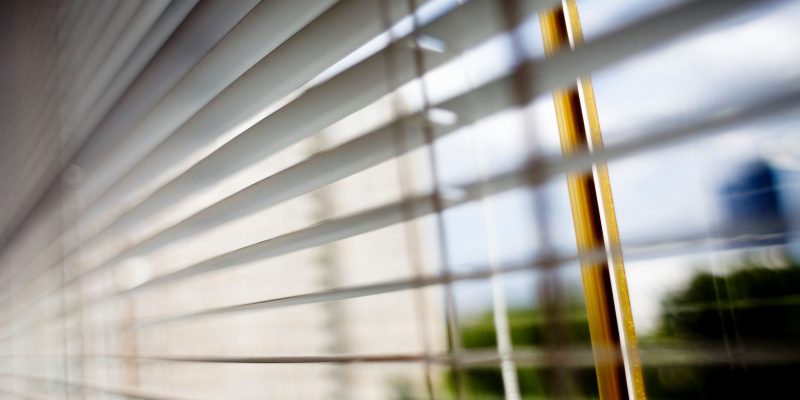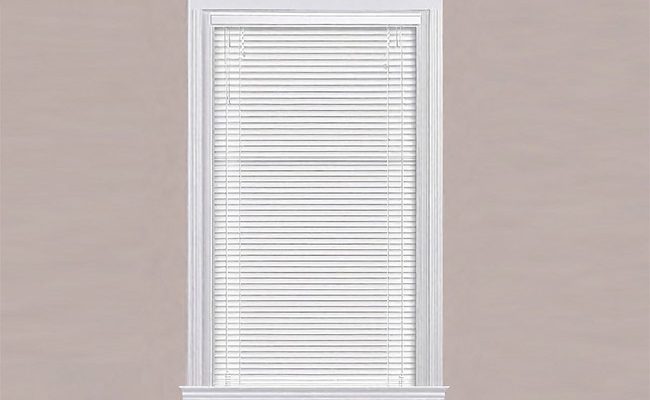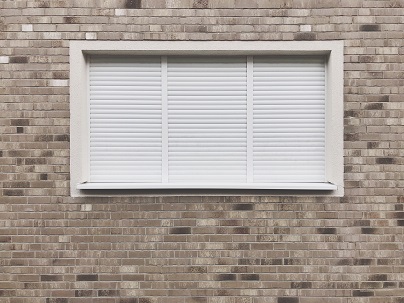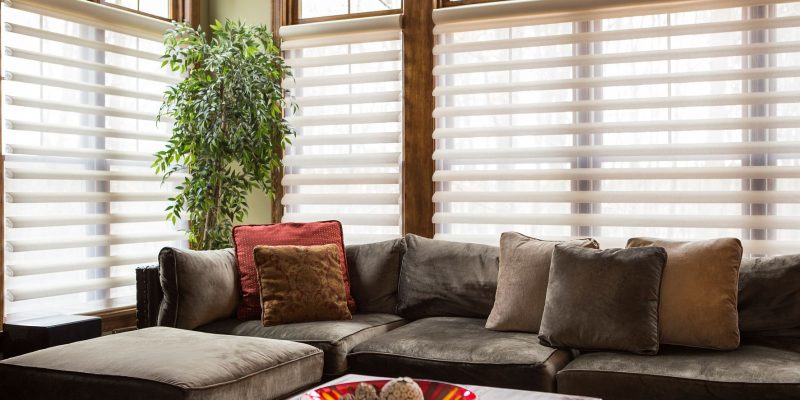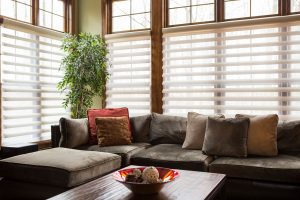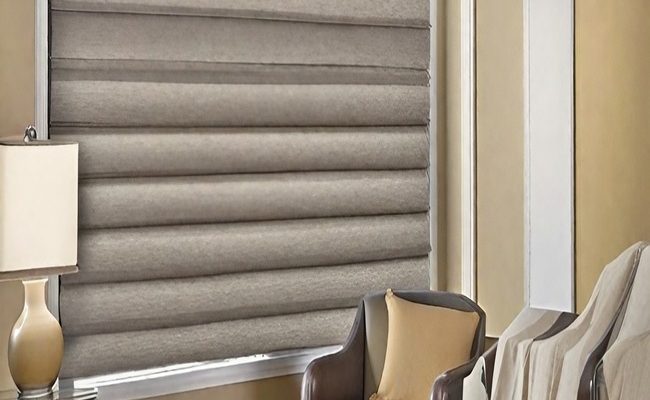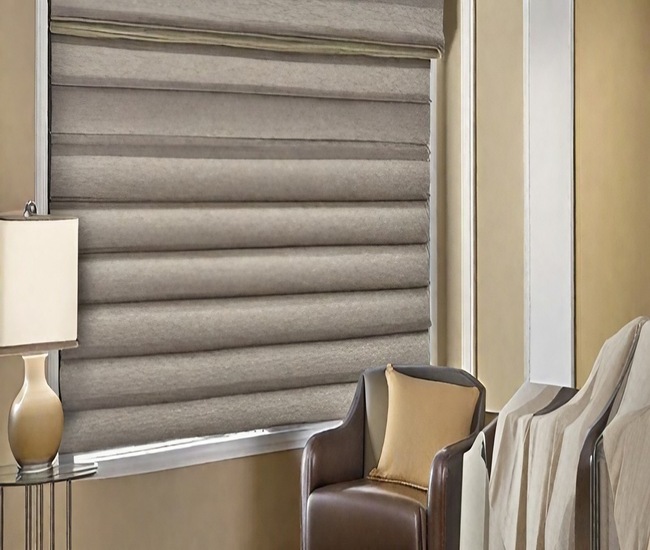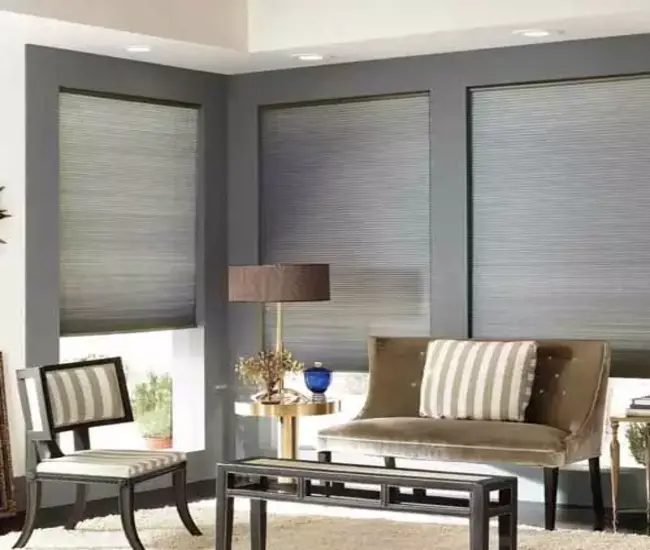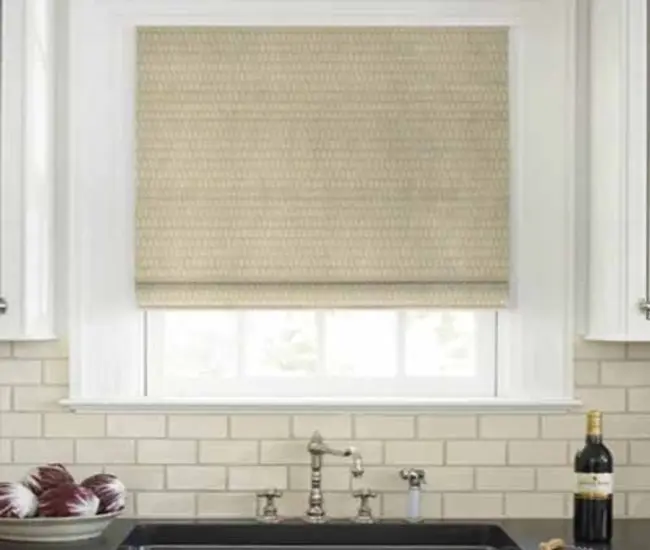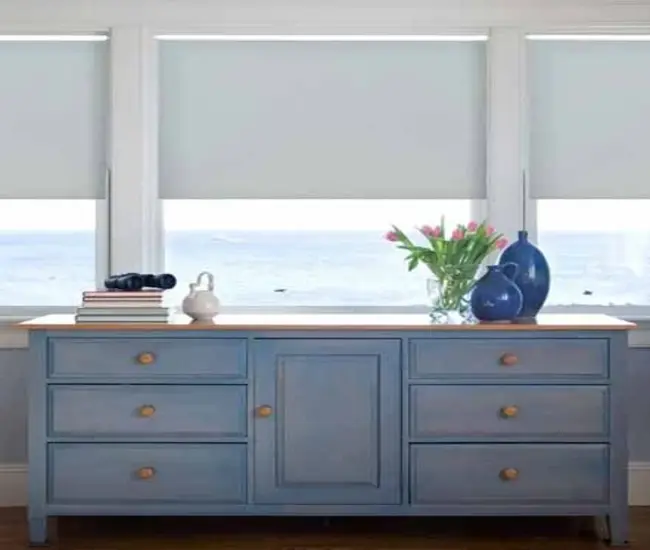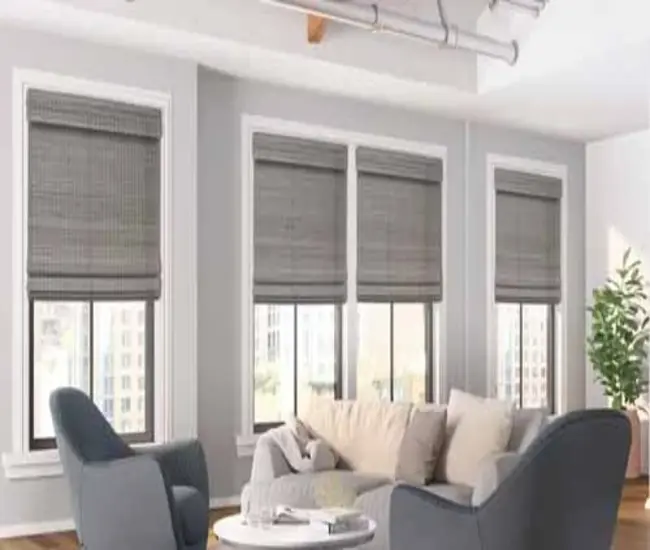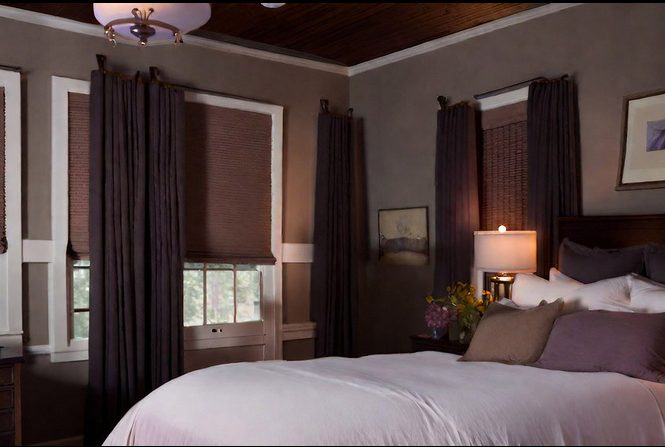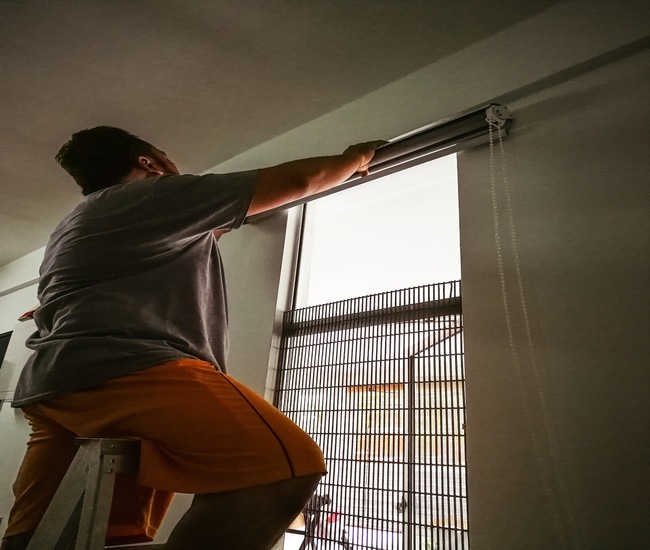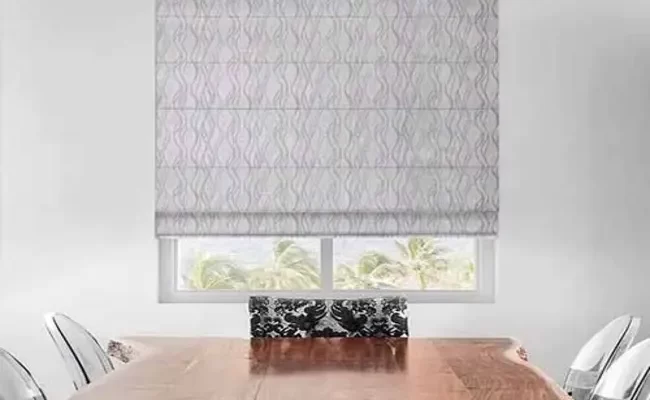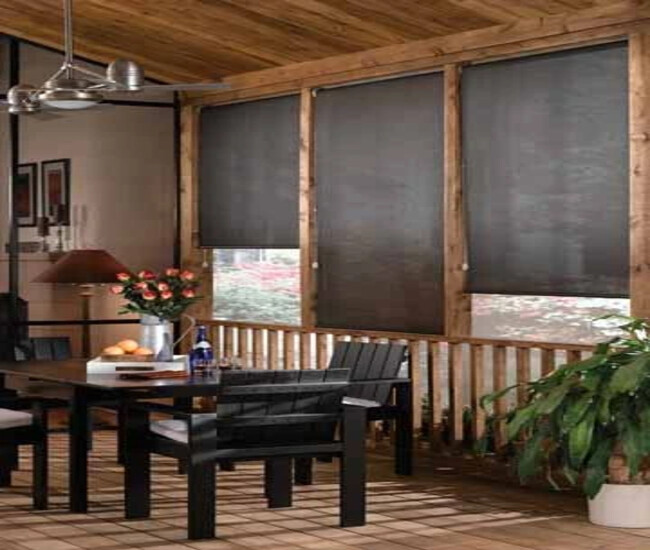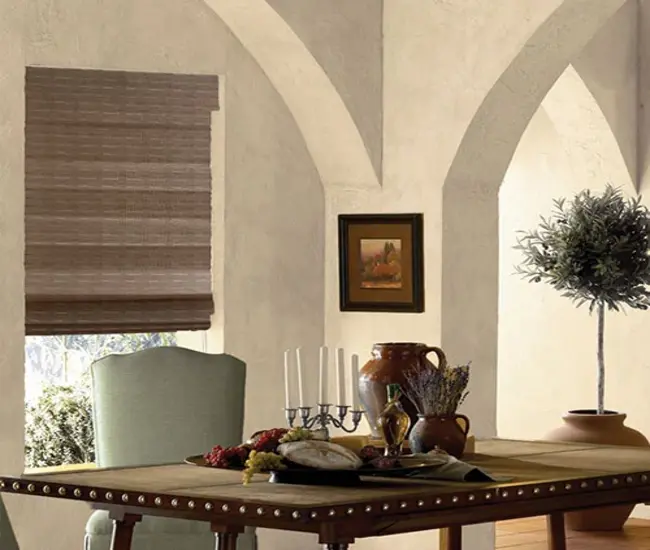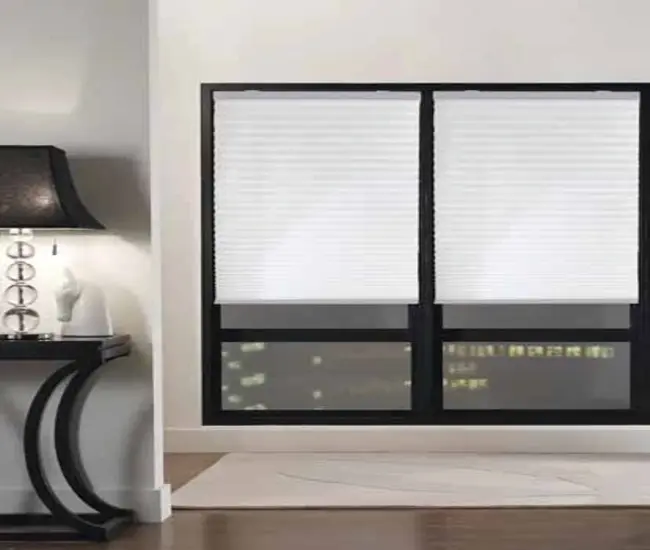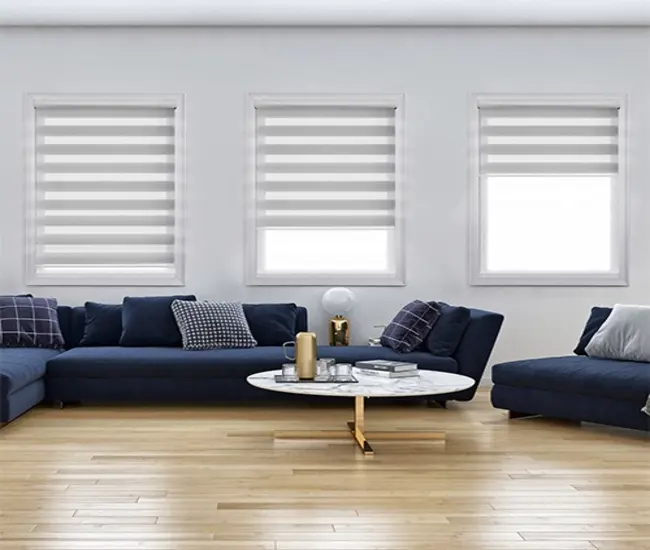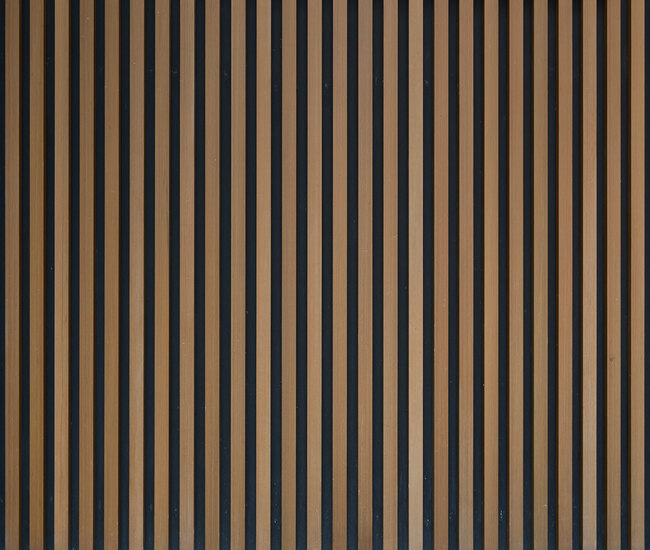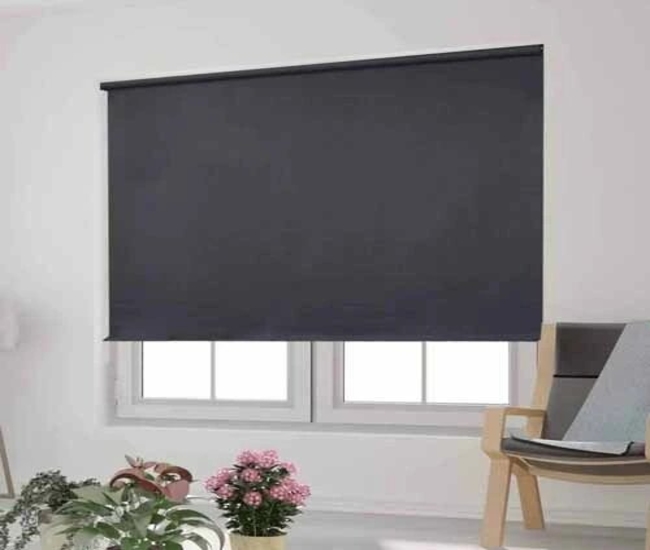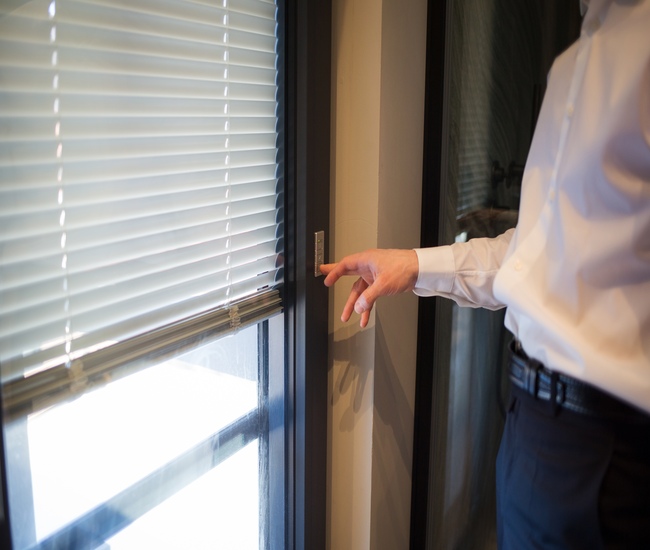If you’re looking for a way to reduce heat loss in your home, window treatments are a great option. Blinds are one of the most popular choices for window treatments, and there are a few things you can do to make sure they’re as effective as possible. Here are some tips for using window blinds to reduce heat loss:
Introduction: Window treatments can be a great way to reduce heat loss in your home, and blinds are one of the most popular options
Window treatments are a great way to reduce heat loss in your home. Blinds are one of the most popular options because they are effective at blocking out sunlight. When sunlight hits a window, it heats up the glass and the air inside the room. This can cause the room to become quite hot, especially during the summer months. By closing blinds, you can prevent sunlight from entering the room and help to keep the temperature down. In addition to reducing heat loss, blinds also provide privacy and can help to reduce noise levels. As a result, they are an ideal option for any home.
There are a few things you can do to make sure that your window treatments are as effective as possible. First, it is important to choose the right type of blinds. There are many different types of blinds available on the market, and each has its own set of benefits and drawbacks. You should take the time to research the different types of blinds before making a decision. Second, you should make sure that the blinds are installed properly. Improperly installed blinds can be less effective at blocking out sunlight and may not provide the privacy or noise reduction you desire. Finally, you should regularly clean your window treatments to remove dust and dirt. Regular cleaning will help to keep your window treatments looking their best and will ensure that they continue to work properly.
By following these tips, you can use window blinds to reduce heat loss in your home and keep your energy bills down. Blinds are an effective and affordable way to improve the energy efficiency of your home.
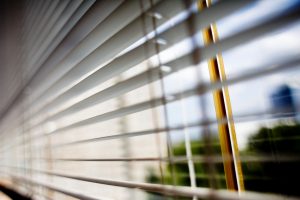
Tips for using window blinds to reduce heat loss
#1. Install insulated window treatments. This is the most effective way to reduce heat loss through windows, and it will also help to keep your home more comfortable in general. There are a number of different types of insulated window treatments available, so you can choose the option that best suits your needs.
#2. Use heavy-duty curtains. If you don’t want to install new window treatments, you can also use heavy-duty curtains to help reduce heat loss. Look for curtains that are made from thick materials like wool or velvet.
#3. Close the blinds during the day. One of the simplest ways to reduce heat loss is to close the blinds during the day, which will help to block out sunlight and prevent heat from entering your home.
#4. Open the blinds at night. Once the sun goes down, open the blinds to allow heat to escape. This will help to keep your home cooler overall and prevent excessive heat loss. By following these tips, you can easily reduce heat loss through your windows and make your home more comfortable during the winter months.
If you have any questions about using window treatments to reduce heat loss, please contact us. We would be happy to help you choose the best option for your home.
Conclusion: By following these tips, you can use window blinds to reduce heat loss in your home and keep your energy bills down
By following these tips, you can use window blinds to reduce heat loss in your home and keep your energy bills down. In the winter, keep blinds closed during the day to keep heat from escaping through the windows. At night, open the blinds to allow heat from the sun to warm the home during the day. In the summer, close blinds during the day to keep cool air from escaping through the windows. At night, open the blinds to allow cool air to enter the home and keep the temperature down. By following these tips, you can use window blinds to reduce heat loss in your home and keep your energy bills down.
If you have any questions about using window treatments to reduce heat loss, or if you would like more information about energy-efficient home improvement options, please contact your local heating and cooling contractor.

